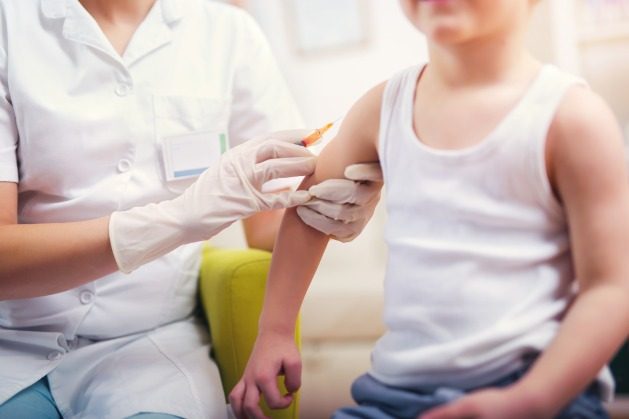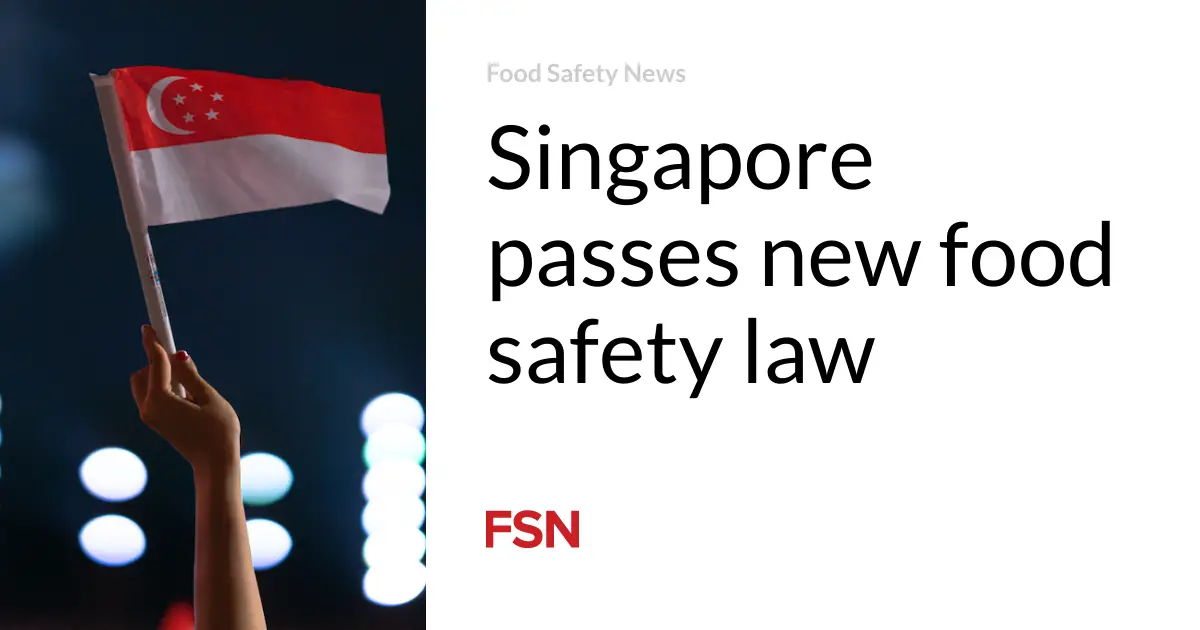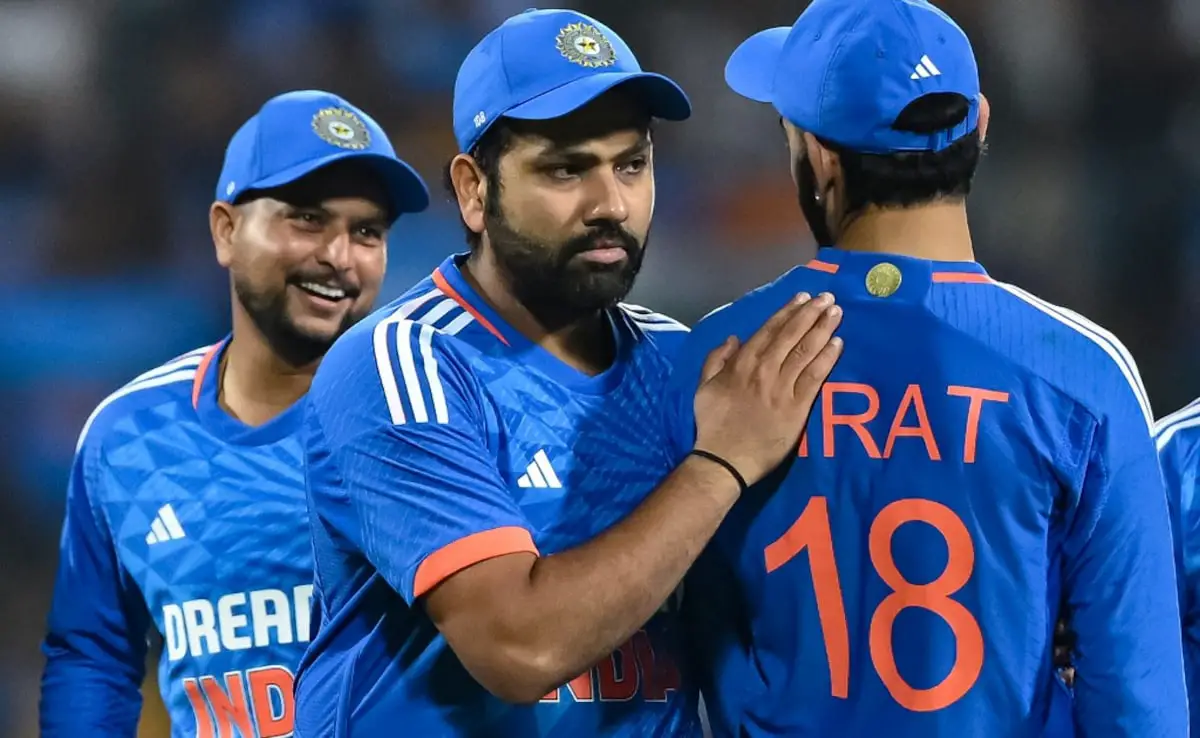

Sep 04 (IPS) – Measles infections are surging right now, with epidemiologists reporting that the number of large or disruptive outbreaks has tripled over the past three years. It is one of the most infectious diseases that we know. The virus spreads through respiratory droplets; when an infected person coughs or sneezes, it can linger in the air for up to two hours and infect 10 others who are not immune.
Most of the estimated 136,000 people who died from measles infections in 2022 were children under the age of five. Every single death is a tragedy, but it hurts even more when those deaths could have been prevented with a safe and effective vaccine.
As a pediatrician, I am proud to be involved with vaccines because of their public health impact. Vaccination has accounted for 40% of the observed decline in global infant mortality; it is one of the most remarkable achievements in modern medicine.
Measles vaccinations alone prevented 57 million deaths since the year 2000. But this success does not just depend on developing effective vaccines; they need to be accessible to everyone.
Having grown up in Colombia, at a time and place where vaccines were not as prevalent or accessible, and having attended medical school there, I unfortunately saw children sick and dying from diseases that vaccines could prevent. I even had some of these diseases in childhood. And so, every time my kids get vaccinated, I celebrate (although they don’t).
Not all parents have this background though, and I understand how decisions that impact the health of your child can be intimidating without it.
My work in vaccine safety also provides an understanding of the research behind these shots. Every vaccine goes through rigorous testing in clinical trials, continuous monitoring for adverse effects, and adherence to strict regulatory standards. There is also strict safety surveillance and data monitoring conducted not only by drug developers but also by national health authorities in each country.
For vaccines, we closely monitor for safety and reactogenicity — the property of a vaccine to produce common, short-term side effects that are typically mild, self-limited, and usually indicate an immune response, such as pain at the injection site, fever, or fatigue.
We ask participants in clinical trials to report daily if they experienced any of these symptoms, how long they lasted, and how severe they were. This information helps inform future vaccine recipients about what they can expect. If the reactogenicity is too high and unacceptable, it may be a reason to discontinue the clinical trial and reassess what needs to be changed to continue the development of that vaccine.
In terms of safety, all adverse events that happen to any participant during a trial are carefully evaluated and analyzed to identify which of these events could be associated with the vaccine. We ask participants to report all signs and symptoms they may have experienced during the trial, whether they think they are related to the vaccine or not.
Usually, a trial includes participants who receive the actual vaccine and others who receive a placebo. That means that the study is “blinded” and neither the participants nor the trial staff and researchers know who is receiving the vaccine or the placebo until the data is evaluated. This helps us better determine if adverse events are related to the vaccine.
Globally, just under three-quarters of all children under the age of two received both doses of a measles vaccine when at least 95% is needed to prevent outbreaks. Even worse, an estimated 14.5 million children haven’t received any doses of any vaccines.
There are many unfortunate reasons why, including impoverished communities not having access to adequate healthcare and displaced populations driven from their homes. It isn’t only caused by people who are skeptical of the value of vaccines; however, these individuals had the choice to protect their children and their communities and they chose not to.
The stakes are clear, and it is not just about measles. Wild polio virus infections have decreased 99% since 1988, from 350,000 cases to 6 in 2021.
The disease still lingers though, as vaccination rates, at an average of 83%, are good but not great with too many geographic disparities for a disease that is exceptionally contagious and can cause irreversible paralysis.
Pertussis, or whooping cough, is another contagious infection with a significant mortality rate among infants, yet it is not being tracked as diligently. The last year WHO has complete data is 2018, when more than 151,000 infections were catalogued. In 2023 an estimated 84% of infants around the world received the recommended three doses of the diphtheria-tetanus-pertussis (DTP3) vaccine, but low-income countries trailed wealthier countries in immunizing their children.
If you take care of a child’s health and wellbeing, you’re taking care of the future of an entire community. And if that child is able to grow and learn without the threat of disease, the future of both the child and the community improves considerably. This is our goal.
Every parent’s decision to vaccinate their child plays a role, along with every program and initiative that makes the decision accessible and effective. Achieving herd immunity is paramount, where diseases cannot take hold in a community because most everyone has been immunized. Only high vaccination rates make this future possible.
Daniela Ramirez Schrempp, MD, is the Pharmacovigilance Medical Leader at the Bill & Melinda Gates Medical Research Institute.
© Inter Press Service (2024) — All Rights ReservedOriginal source: Inter Press Service







